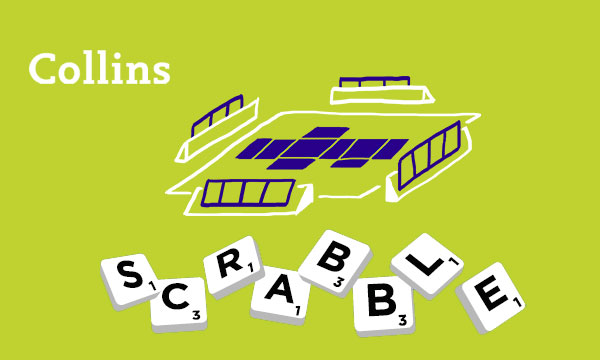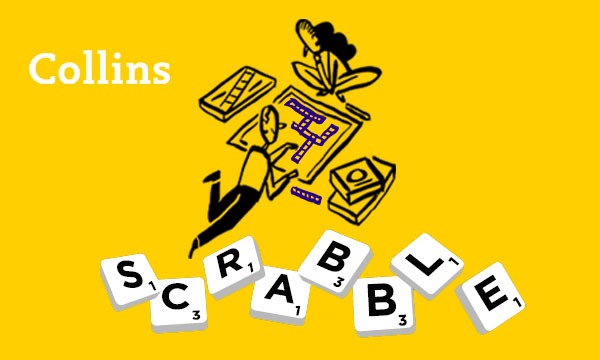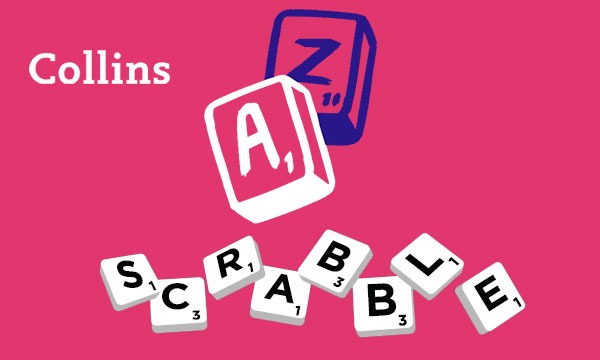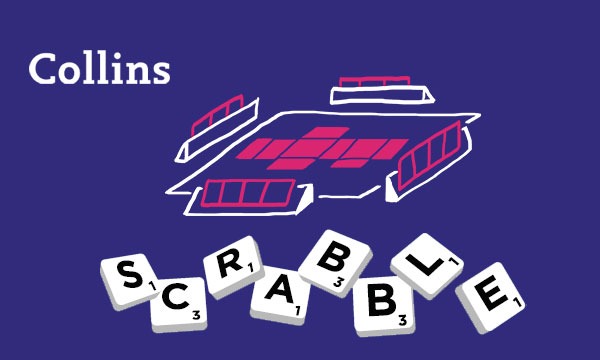The I is similar to the A in that it is usually useful to have one of them, but their value goes down steeply once you get more than one. In contrast to the handy AA, EE and OO, you can not have II, and there is only one three-letter word with two Is – IWI, a Māori tribe. There are a few four- and five-letter words you can use to offload surplus Is. There are common ones like:
And less common ones like:
HILI scars on a seed
IMPI a group of Zulu warriors
WILI a spirit, specifically the spirit of a maiden in the ballet Giselle (and pronounced vee-lee, in case you’re wondering)
INDIE an independent record label
TEIID a type of lizard
And PIKI, a bread made from blue cornmeal, which gives a new meaning to being a ‘PIKI eater’!
There are lots of suffixes you can try to help you find a bonus word with an I. As well as ING and ISH there are -IER (as in READIER, STEADIER), -IEST (TINIEST, READIEST), -IC (ROBOTIC, HISTORIC), -INE (BROMINE, CHLORINE), -ITY (ENORMITY, SANCTITY).
As all good hypochondriacs will know, a lot of words (almost two hundred) end with -ITIS, giving the likes of AORTITIS (inflammation of the aorta), ORCHITIS (an anagram of HISTORIC meaning inflammation of the testicle) and the etymologically ridiculous DARTITIS (a nervous condition rendering a darts player unable to play).
By Barry Grossman
Barry is a leading UK Scrabble player and winner of several tournaments. He is the author of Scrabble for Beginners (Chambers), Need to Know Scrabble, Scrabble – Play to Win and The Little Book of Scrabble Trickster. He has also contributed to numerous other books on the subject of words and word-games, has been a series champion of Channel 4’s Countdown, and has written four comedy series for BBC Radio 4. He lives in Hertford.
All opinions expressed on this blog are those of the individual writers, and do not necessarily reflect the opinions or policies of Collins, or its parent company, HarperCollins.



